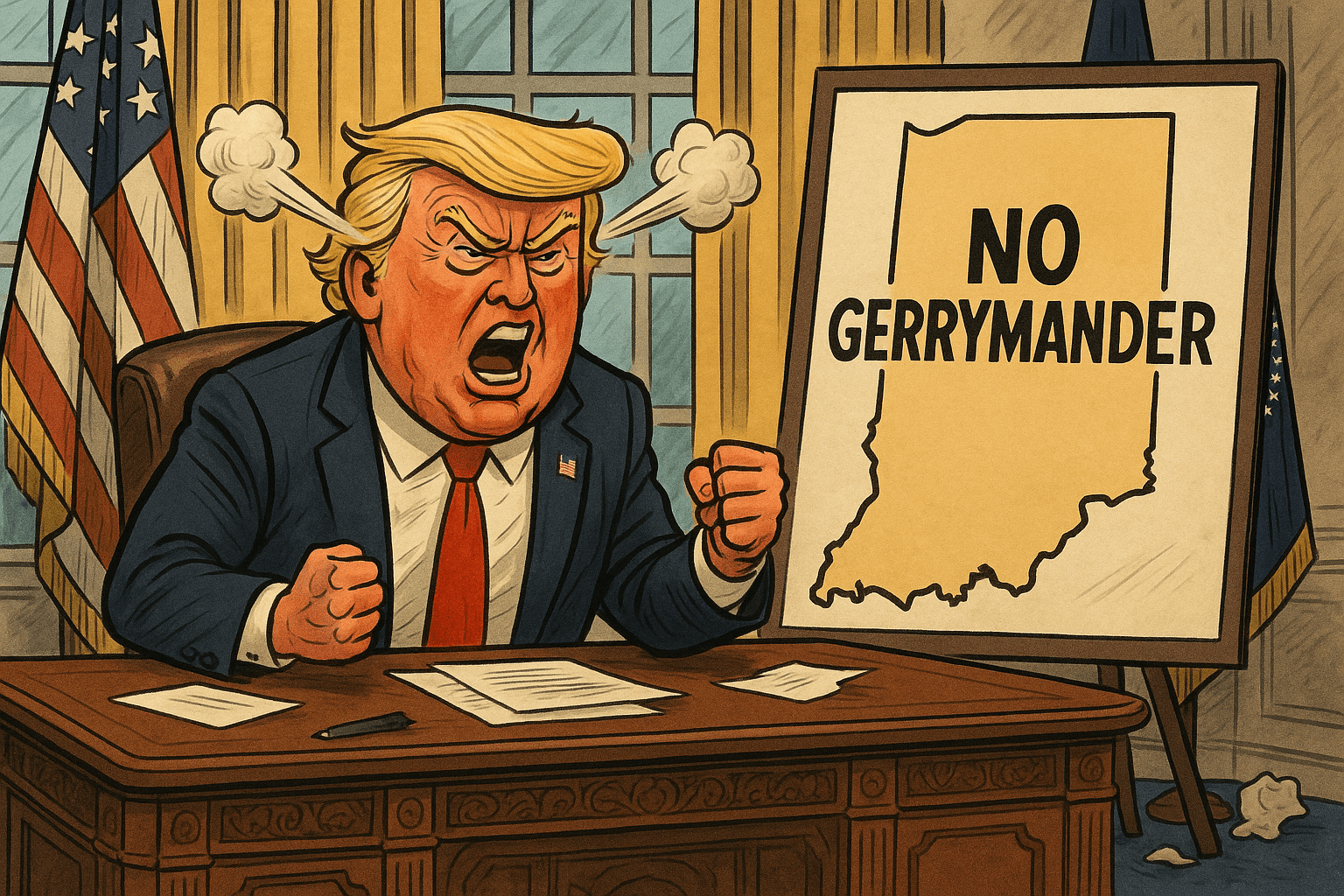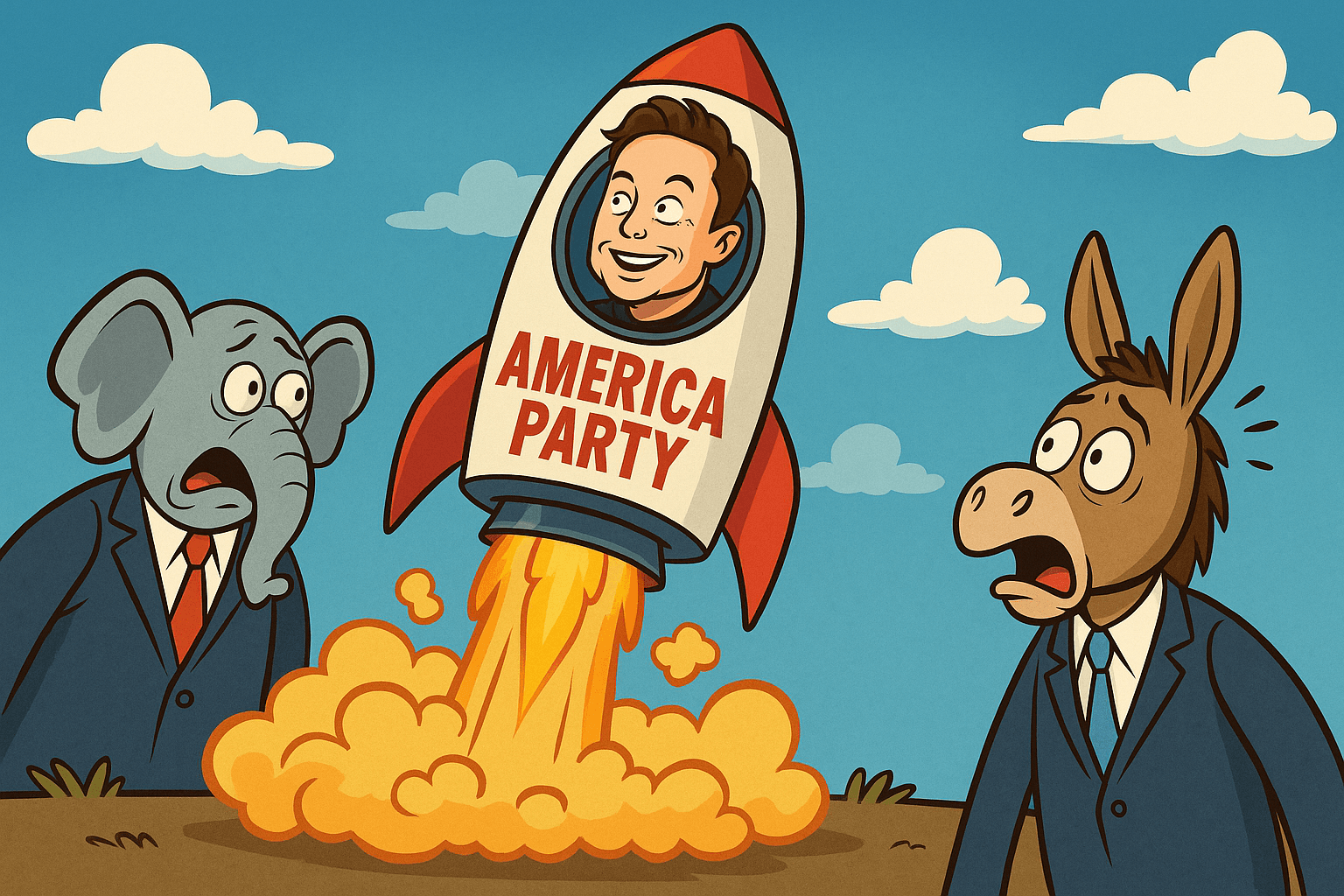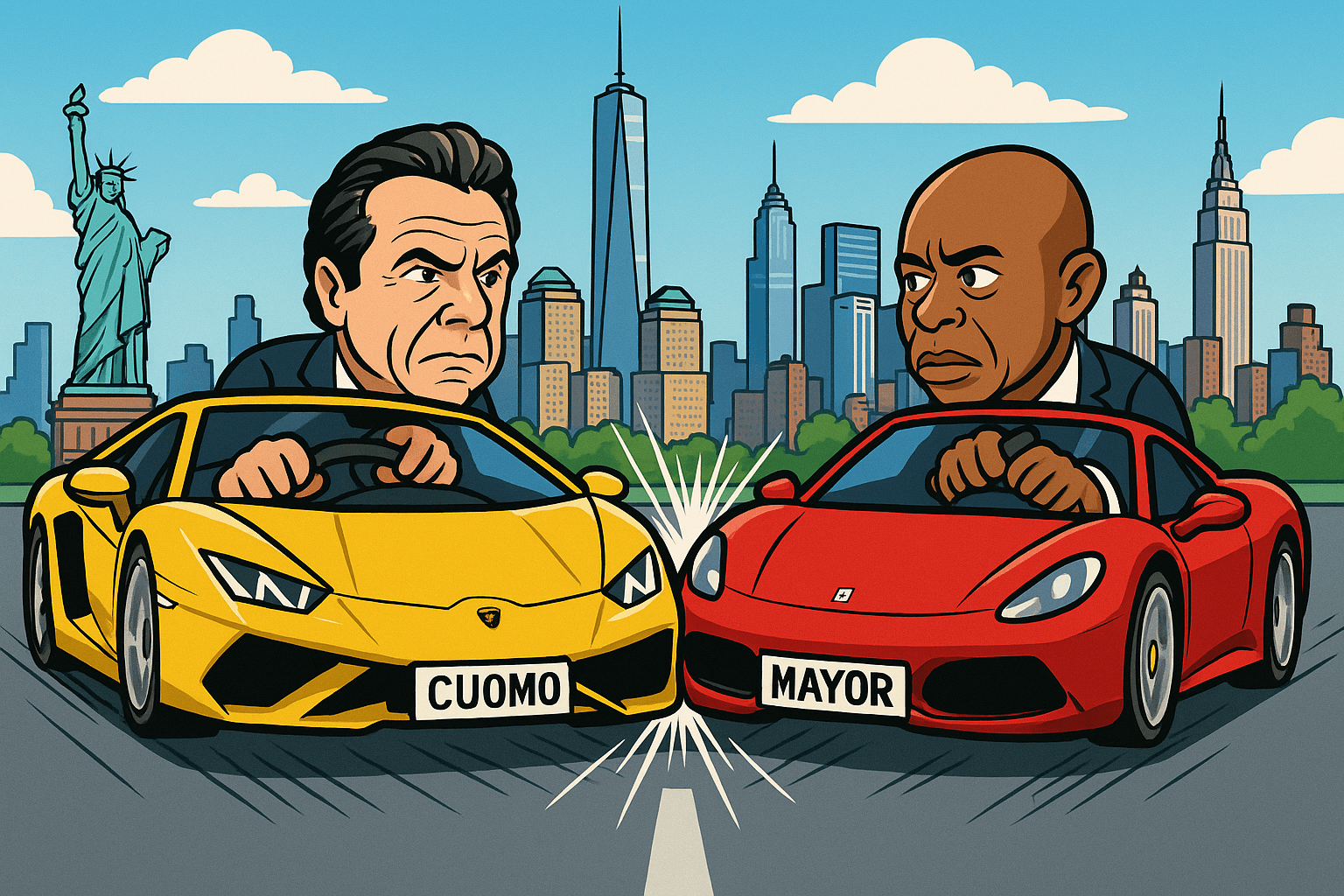Gallup: Support for Third Party Dips Slightly; Still Close to 60%

Photo by Jesse Paul on Unsplash.
Gallup reported Tuesday that 58% of US adults believe that the US needs a third major political party in the US. This dropped 5 percentage points from 2023, but still represents a clear majority of Americans.
When the latest poll is broken down by party affiliation, 53% of Democrats said a third party was needed, 48% of Republicans agreed, and 69% of independents also agreed.
Interestingly, support among Democrats has increased while support among Republicans has dropped.
Gallup reports:
"Over the years, majorities of independents, ranging from 56% to 78%, have consistently backed a third party. In contrast, majority-level support from Democrats has been recorded only five out of 21 times Gallup has asked the question, with no more than 54% in favor. For their part, majorities of Republicans have backed the concept of another political party on six occasions, with the broadest support, 63%, registered immediately after the Jan. 6, 2021, Capitol attack."
There are third parties in the US that have national committees, including the Green Party and the Libertarian Party -- the nominees of which may be a factor in the 2024 presidential election.
However, when looking at voter registration trends across the US, more voters are leaving the two major parties -- but only a marginal percentage have changed their registration to a third party.
More often than not, voters who change their registration from Republican or Democrat or reject a major party label upon initial registration are identifying as independent/unaffiliated.
Take Nevada, for example. Of its 2.3 million voters, nearly 37% of the electorate is registered independent/unaffiliated. It is the largest registered voting bloc in the state. Third party registration (all combined) is less than 3%.
In Alaska, 60% of its voting population is registered independent/unaffiliated, while a little more than 5% are registered with a third party or "Other."
In fact, in half of the states that register voters by party (states with open partisan primaries don't), independent voters outnumber members of one of the two major parties, and in about 10, they outnumber Republicans and Democrats.
The Independent Voter Project, a principal sponsor of Independent Voter News, recently updated its state-by-state primary map so that voters can see these trends for themselves.
Current registration data raise the question of what voters want from a third-party (if anything), since a majority say one is needed, but none of the parties that have a national platform are offering an attractive alternative.
There is also the question, are independent-minded voters concerned with party label (being a member of a party) -- or is the third-party poll another indicator that voters are frustrated with their options in elections?
Gallup raises this potential as well:
"With support for a third party reaching a new high last year, low favorable ratings of the two parties, and widespread dissatisfaction with the major-party candidates, 2024 seemed as good a year as any for a significant third-party presidential candidacy to emerge. However, as has been the case for prior third-party candidates, Kennedy’s initially higher levels of support eventually faded. Kennedy also struggled to gain ballot access in many states, with his efforts landing him on the ballot in 21 states, and 13 additional states pending before he suspended his campaign and endorsed Trump.
"While 58% of Americans today think a major third party is needed, it is unclear whether they are genuinely expressing a desire for a third option or are simply frustrated with the two existing parties."
Over the last few election cycles, multiple polls have clearly shown broad dissatisfaction with the options the Republican and Democratic Parties provide, especially as they entrench themselves against "the other side."
Gallup reported an increase in support for a third party among Republicans after January 6, 2021, which highlighted radical fringes within the party and extreme division was on display.
Democrat support for a third party increased in 2024 when many party voters were unhappy about Biden. The presidential election cycle started giving voters a Trump / Biden rematch few people wanted.
There may be an opening for a third party to build from the ground-up, but it can't operate like the major parties and more than anything voters have expressed a desire to -- above all else-- be represented and have their needs addressed.
The only way to do this is to change candidates' current incentive to put party first to an incentive to put voters and country first, which can't happen under the electoral system used in much of the US.
 Shawn Griffiths
Shawn Griffiths






